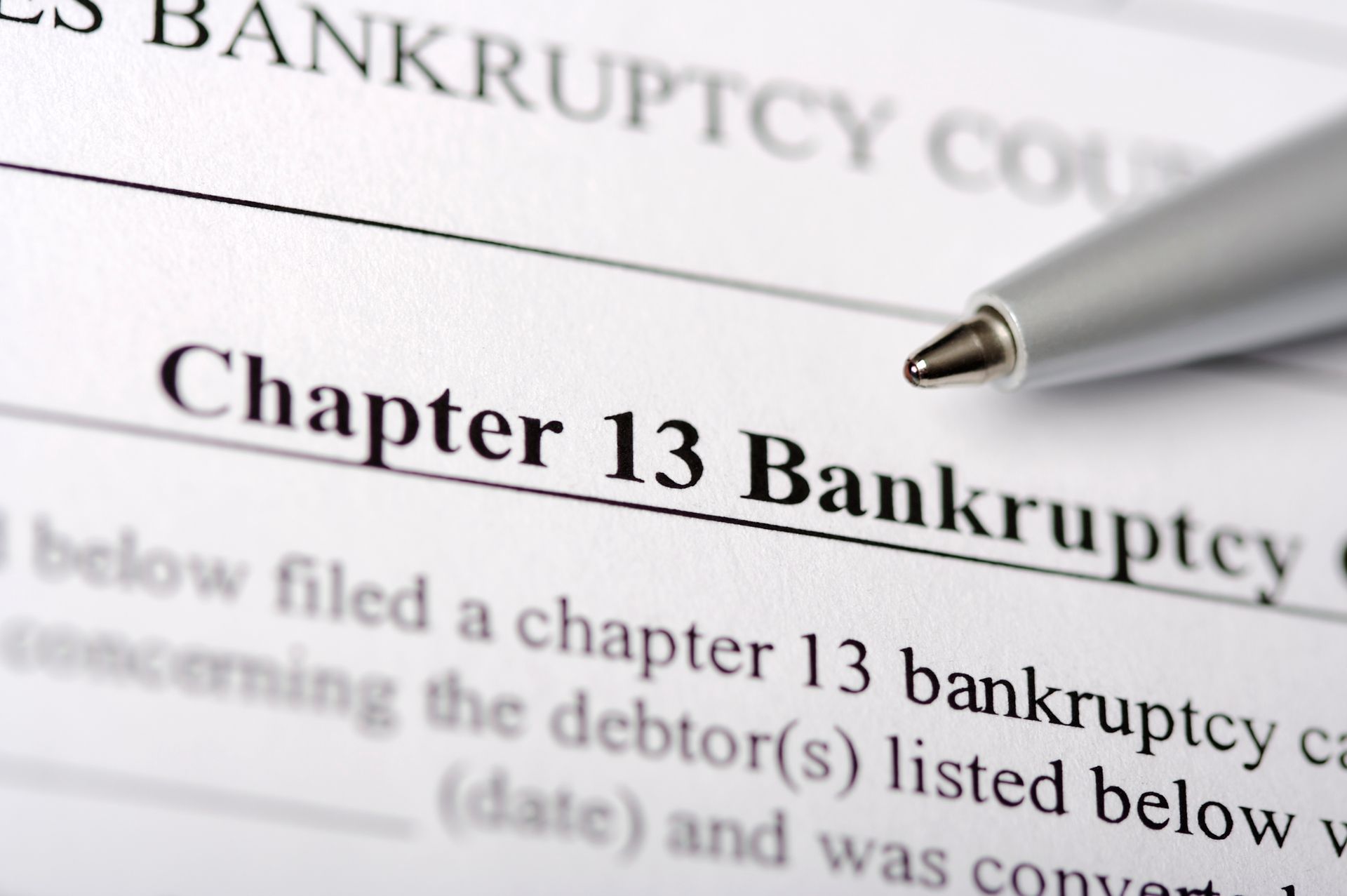NJ Estate Planning Mistake: "I Don't Need a Will Because I'm Married"

Creating a will can be an incredibly difficult task for most people. No one likes to think about their death or what will happen after they are gone. It can be even more challenging to help a spouse create their will. Many married folks believe that the legal rights and privileges offered by their marriage certificate will be enough to protect their spouse after they are gone, but this isn't the case. Each spouse needs their own will to protect their assets and loved ones.
Here are five important reasons you and your spouse should have separate wills:
1. Forgotten Assets
Many married couples argue that because they own everything jointly, they should not require a will. If you actually own everything jointly, then it is true that all assets will pass entirely into the ownership of the surviving spouse—but that is a big "IF."
Most couples do not own every single asset in joint names. There are typically some assets acquired throughout a long marriage that are owned individually. Whether it is a neglected bank account, a lot of land inherited by one spouse, a forgotten 401k, or some other small asset, chances are you do not actually jointly own every single asset you possess. The surviving spouse can potentially end up paying more in probate fees to get the assets transferred than what the assets are worth.
Creating a will that explicitly lists your spouse to inherit these assets can save them money and time working through the court system.
2. Complex Family Lines
Let's pretend that you and your spouse own every single asset jointly. Joint ownership only affects the initial transfer of ownership from the deceased spouse to the surviving spouse. This joint ownership does not cover the transfer of ownership after the second spouse has died. Moreover, without a will, once ownership passes entirely to one spouse, the deceased spouse's family no longer has any claim to their assets.
If you have only shared children, neither of you have children from a previous marriage, and you intend to split assets evenly between surviving children, this could work in theory. Without a will in place, the court has more say over the probate process, but inheritance laws would likely favor and protect the rights of your shared children. However, the reality is that most people have slightly more complex family situations. Multiple marriages, children from previous relationships, children with disabilities or unique circumstances, divorce, adoption, and more can result in a complicated inheritance situation.
The best way to protect your loved ones is to have individualized wills for each spouse.
3. End of Life Capability
You also need to consider the mental and physical health of the surviving spouse. If you plan to wait for the surviving spouse to do all the estate planning at the end of their life, you could be setting your spouse up for a major headache. There is no way to tell what kind of physical or mental health the surviving spouse will be experiencing at the time assets are transferred. If the surviving spouse is not capable of estate planning on their own, they could fall victim to undue influence or simply lack the capacity to go through the arduous process of estate planning.
This is why both spouses should create a will when each is mentally and physically capable. The sooner you establish your individual wills, the more likely your true wishes will be carried out when you are gone.
4. Joint Wills Are Problematic
Some married couples will create a joint will in which they intend to cover both of their wishes for their assets. There are a few issues with this. First, it is improbable that both spouses will die at the same time. Circumstances and assets can change drastically between the death of one spouse and the other. A joint will is unlikely to cover the needs of both spouses. Secondly, joint wills are easier to contest in court. This can create a chaotic situation in the aftermath of either spouse's death and cause unnecessary pain to remaining loved ones. No one wants their legacy to be decided over a lengthy and costly court battle between family members.
5. You Need to Name an Executor
When a person dies without a will, the court must determine who will serve as the "executor" or personal representative of the estate. In most cases, the surviving spouse is automatically nominated as the representative. However, if the surviving spouse does not want to serve or cannot serve as a representative, the subsequent heirs in line will have the next preference to serve as the representative. This can get tricky. If you have multiple children, each will have the same chance of being named the representative of the estate. If the children cannot agree on one representative (or agree to serve as co-executors), or if an heir cannot be located, there will be issues.
Creating a will and explicitly naming an executor takes the guesswork out of your wishes. You can choose who would best serve your interests and protect your estate. You can choose your spouse and also list alternatives in the event they predecease you or are unable to serve at the time of your death.
Veitengruber Law has experience working with married couples to protect their assets as a couple and as individuals. We can help you develop a NJ estate plan that covers your needs and allows you to determine your legacy.










